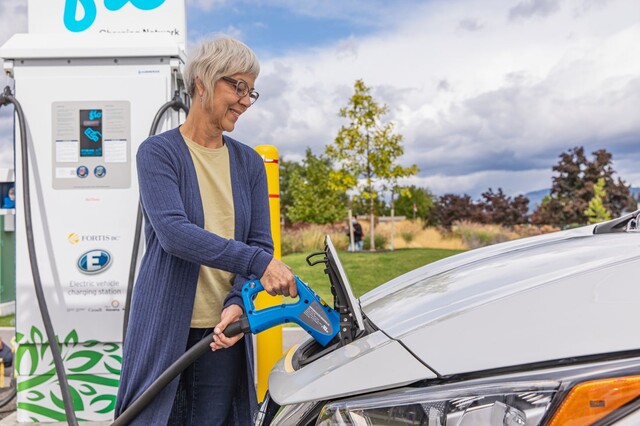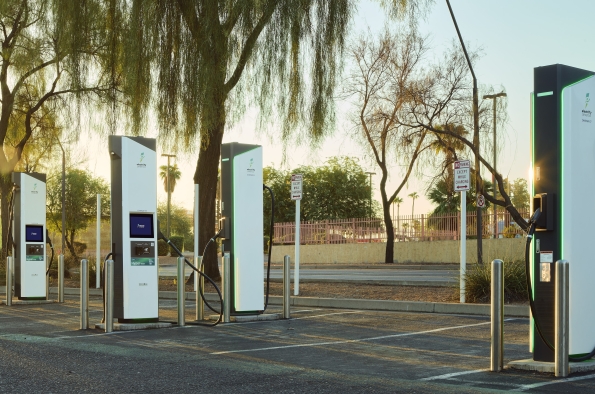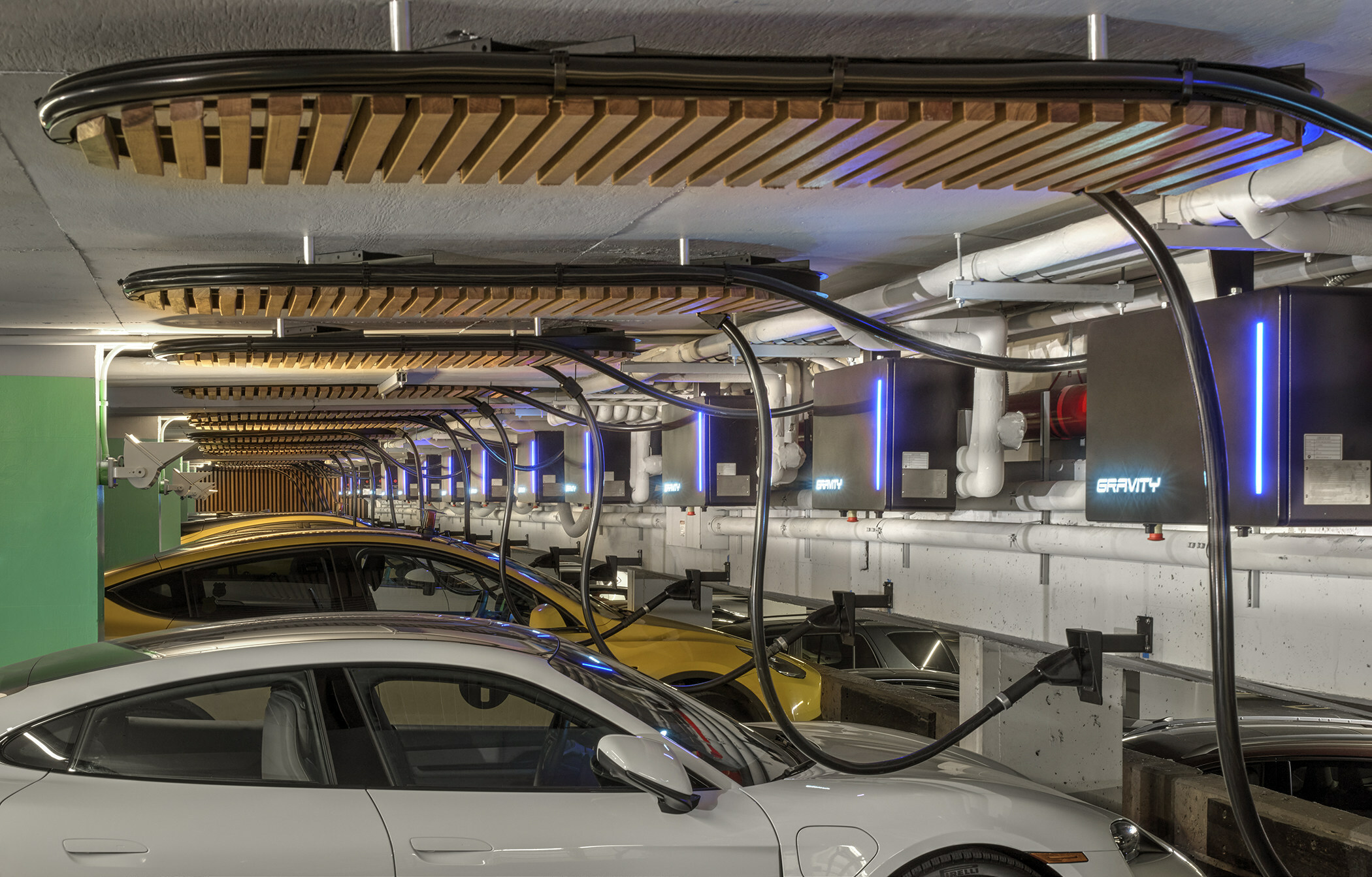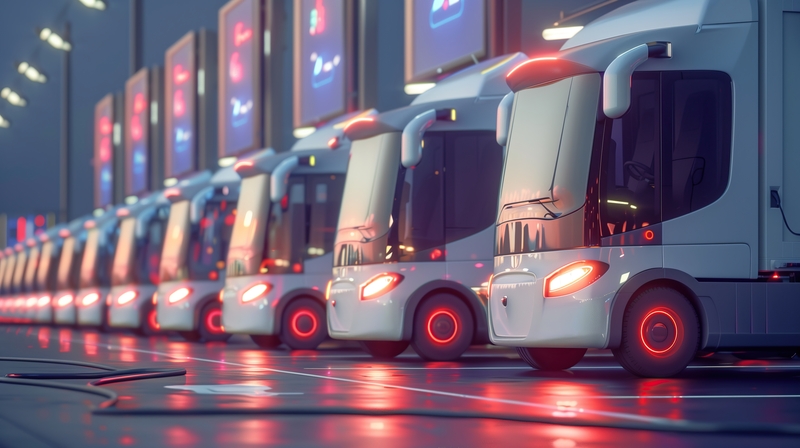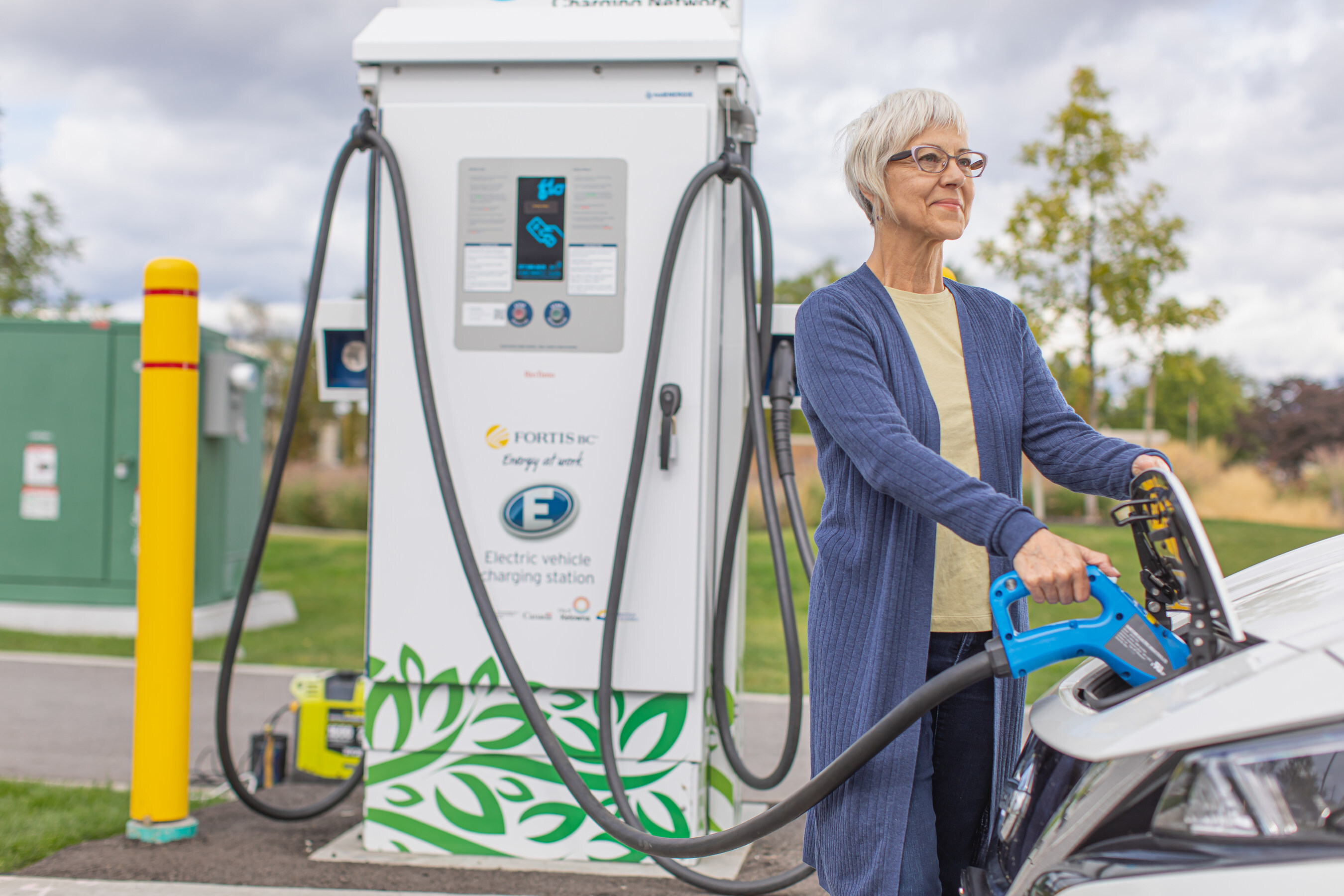
Instead of paying a per minute cost for charging an EV, customers in British Columbia, Canada, will pay based on the actual amount of electricity they use.
"Using energy-based rates ensures that all drivers pay the same rate for the electricity they use regardless of charging speed," said George Thompson, EV infrastructure and investment manager. "Supporting customers who are choosing low- and zero-carbon options for transportation is one of the ways FortisBC is helping to reduce overall greenhouse gas emissions in our province."
Under the new energy-based rates, drivers will pay CA$0.39 per kilowatt hour (kWh) at all stations beginning 1 August, 2024. This change implements the British Columbia Utilities Commission's (BCUC) approval of FortisBC's application to move from time-based to energy-based rates at all 22 of its EV fast charging locations, and is in line with other public charging services in B.C.
The BCUC decision also gives FortisBC the option to implement in the future an idling charge of CA$0.40 per minute for vehicles that remain at charging stations more than five minutes after the EV has finished charging. This could help reduce the time other customers have to wait to use a charging station during busy periods.
FortisBC currently owns and operates 42 DC fast charging stations at 22 sites across its electricity service area in BC's Southern Interior. This includes higher-powered 100-kilowatt (kW) chargers, which can charge faster than the standard 50-kW chargers. Since opening its first public charging station in 2018, more and more drivers have been using FortisBC's charging stations each year. In 2023, drivers charged up their vehicles 38% more often than in 2022.



